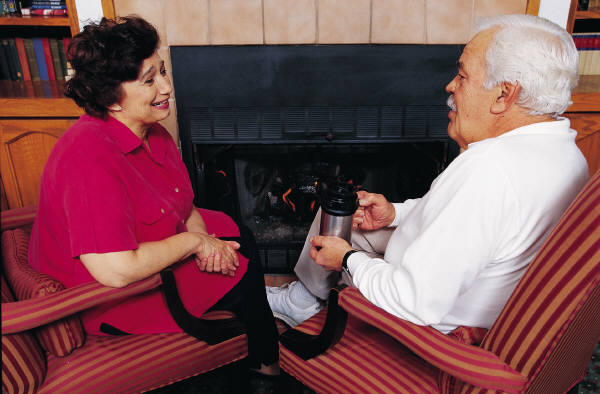
There is no question that most of the burden falls on women for the physical and financial impacts of caregiving. As parents live longer, more women are feeling the crunch.
Who do you think is depended upon more for taking care of elderly parents — men or women? A recent article in Forbes stated that the average caregiver today is a midlife woman who already earns less on average than her male counterparts. The article, titled “Is Caring For Aging Parents Unfair to Women?,” goes on to say that remarkably less than half of workers are able to hold onto their jobs during the period of caregiving. If she’s saving up for retirement and must quit, she will lose out on the benefits of working until retirement age, which will greatly impact her own future.
More than a third of those surveyed in the Forbes piece said their work situation was affected by caregiving—either because they had to quit outright, retire early, reduce work hours, or take a leave of absence. Another 37% of those studied weren’t employed, which enabled them to function as caregivers, as much as full time.
Women who have young children at home, the “sandwich generation”, are hit particularly hard by caregiving for aging parents. In the Forbes report, 69% of workers caring for aging parents had to leave work early, arrive late, or miss days because of their caregiving responsibilities.
The salaries are notoriously low in the home care industry, which is made up of nurse’s aides, home health workers, and elder companions—the majority of whom are women. Forbes unfortunately says that there’s likely no relief in sight from low wages; low wage caregiver jobs will probably continue to be filled mostly by women. However, the article suggests some things women in these roles can do to help themselves when assuming the caregiver role, especially if they have siblings. It’s important to take action early, before caregiving becomes a huge burden on an individual’s everyday life.
- Advocate for themselves among their siblings.
- Educate siblings about the personal financial impact of the caregiver job.
- Insist that everyone contribute when possible, rather than accept the role.
- Set up caregiver contracts, drawn up by an elder law attorney, to compensate the caregiver sibling in some way.
- Be specific in requesting a division of labor in caregiving.
Hopefully these suggestions will bring about a more equitable solution. However, in cases of an only child or when the other siblings refuse to assist, the burden may still remain on the caregiving child. In all of these situations, it’s wise to speak to an elder law attorney to get sound advice on how to deal with your family’s specific situation.
Reference: Forbes (May 9, 2013) “Is Caring For Aging Parents Unfair to Women?“











